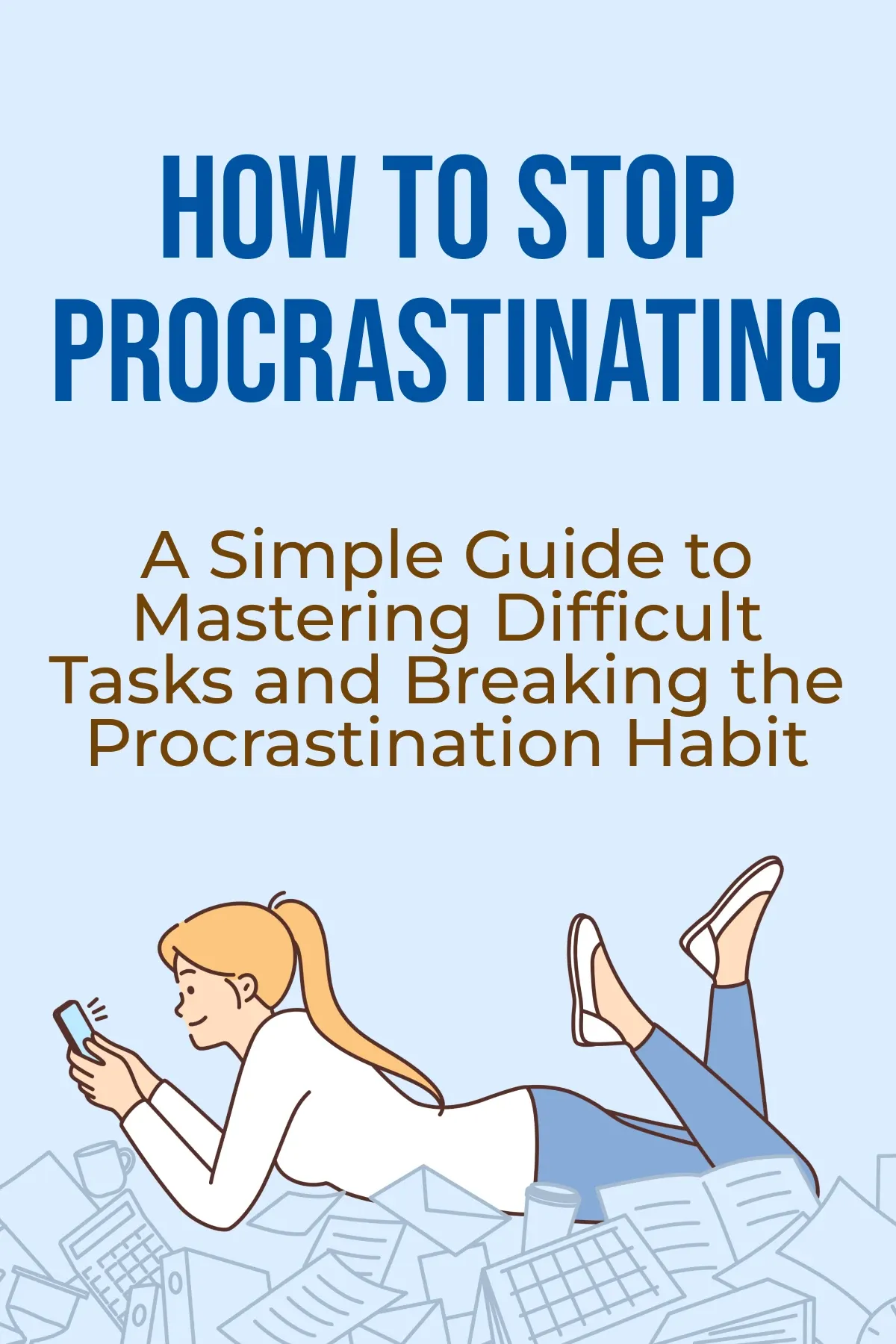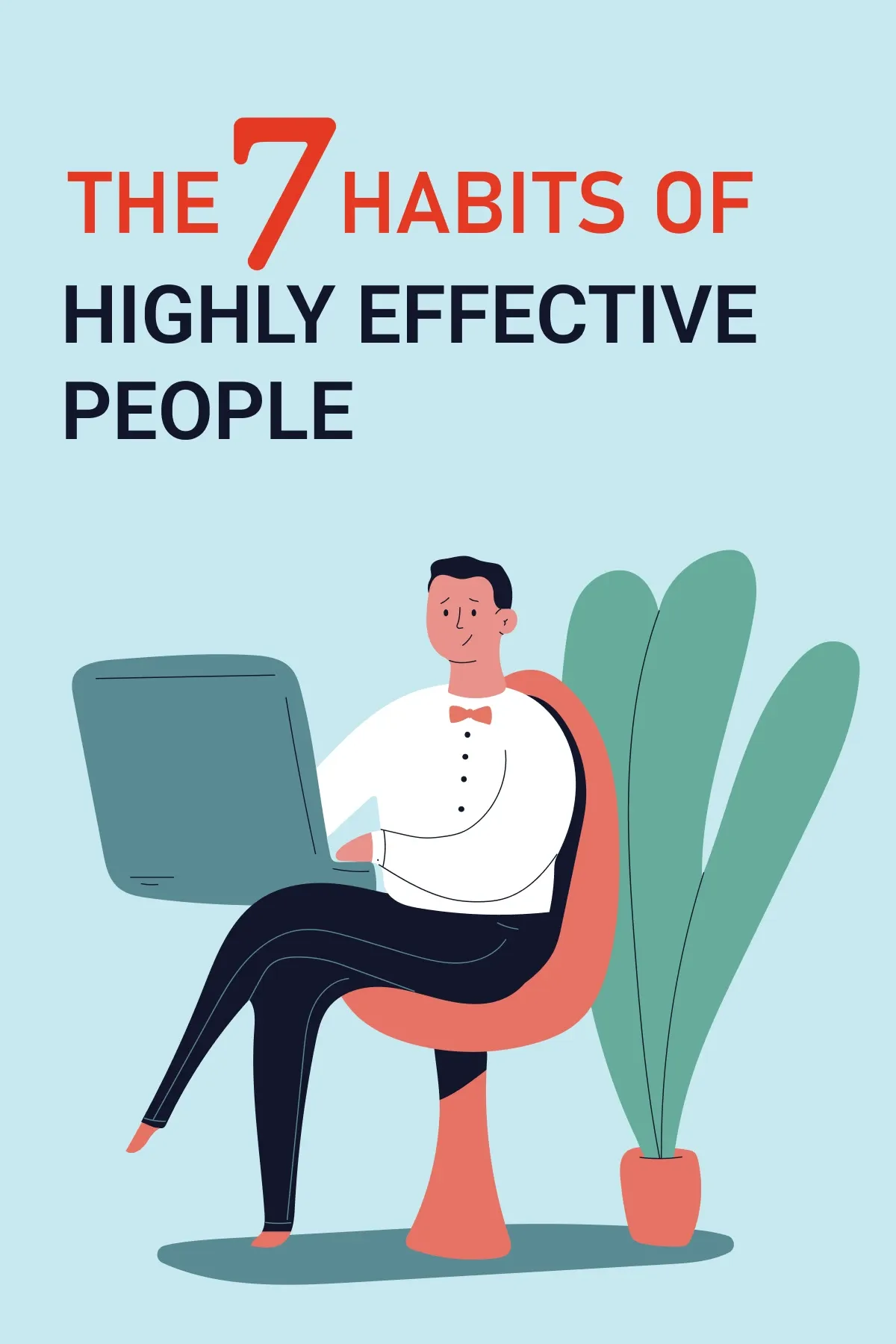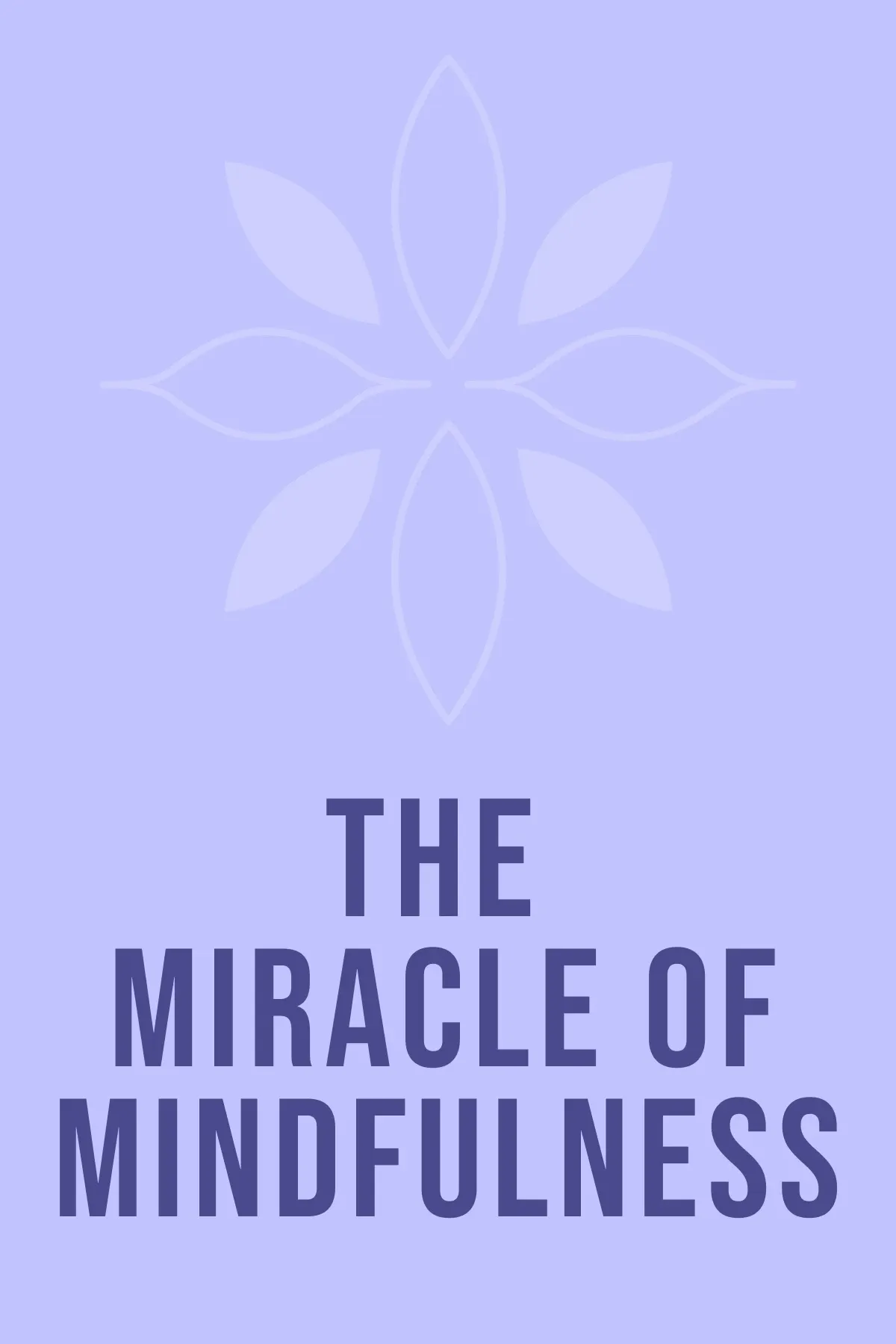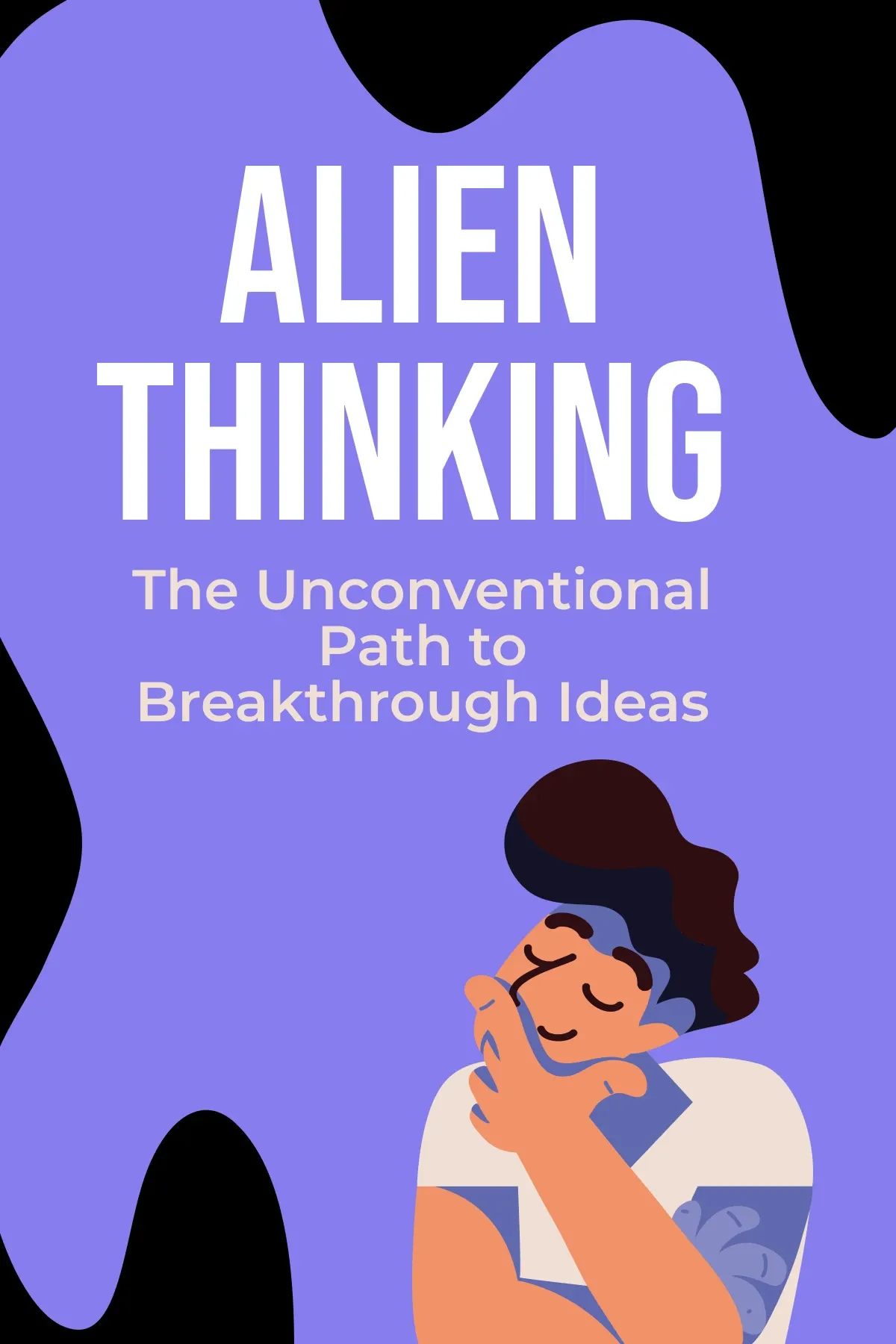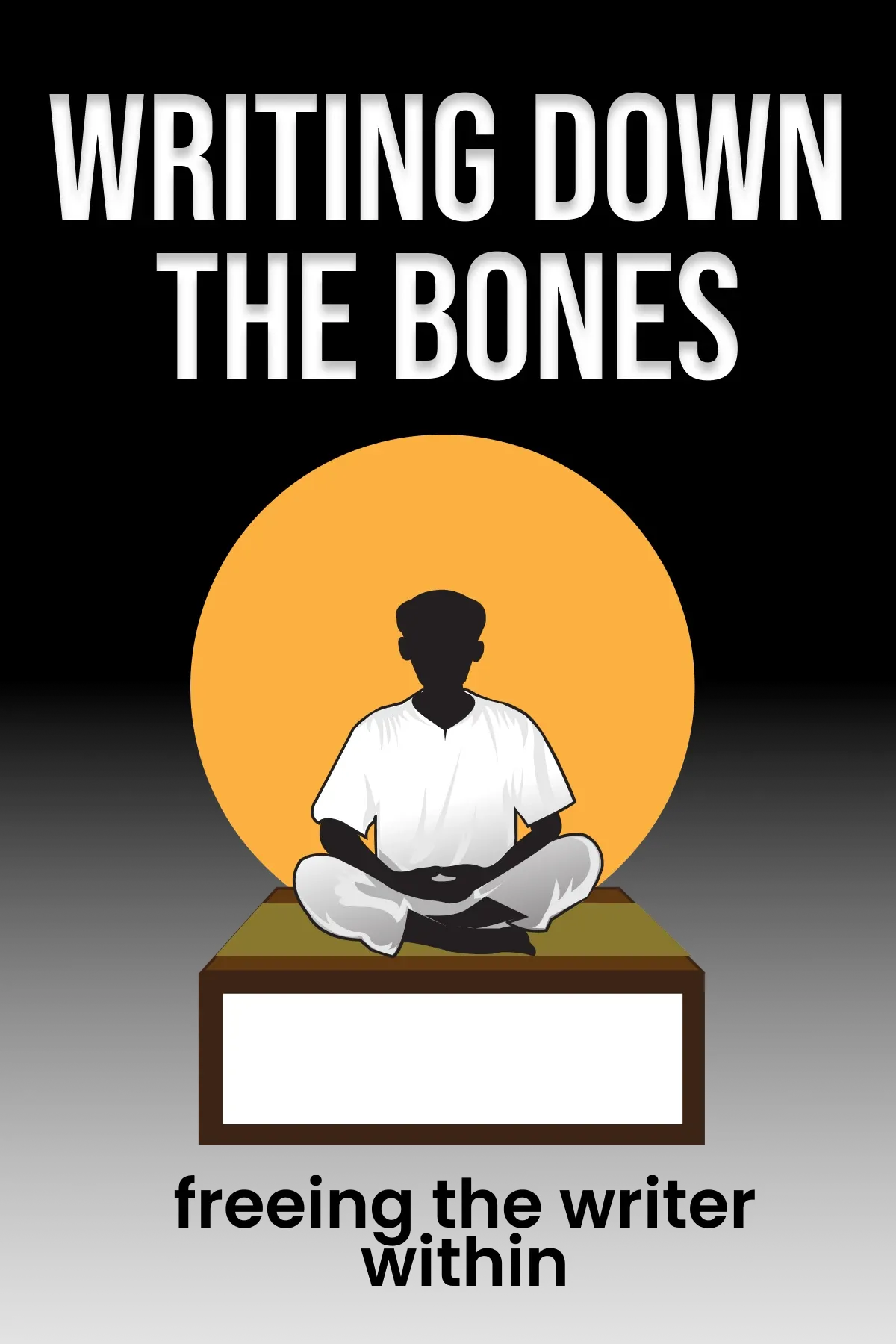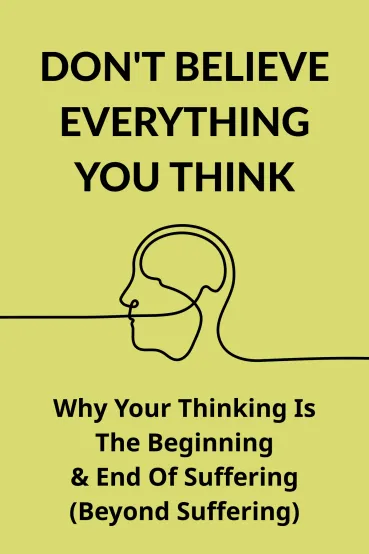
Don't Believe Everything You Think
Brief Summary
“Don’t Believe Everything You Think” is an accessible primer to the human brain and our thoughts world. This book explains how our thoughts can affect our feelings and perceptions of the world. Let’s find out how we can change our thoughts for the better!
Topics
Key points
Key idea 1 of 6
Your reality is formed not by some external factors but by your thoughts. We live in the world of our thoughts, and therefore, our reality is always different from the reality of other people. Let's say two women of the same age, living in the same city, go shopping in a shopping center. One woman has a crisis in her life; she does not know what to do or what goals to achieve. For her, this shopping does not bring pleasure, and she does not understand why everyone around her is so happy. On the contrary, the second woman is satisfied that she finally received her first salary at a new job and enjoys choosing a new dress.
These women seem to be in the same shopping center and have similar living conditions, but their perception of reality is entirely different. This does not mean we always misperceive reality and should not trust our feelings. However, when we understand that our thoughts shape our feelings and that this, in the future, impacts our experiences, it becomes easier for us to change our emotional state.
There is a story of a Zen monk who had just begun his spiritual path and was learning to meditate. In the temple, the young monks had mentors who helped them. The task was to sit still for several hours in one place and focus on the present moment. However, the young monk could not do this and complained to his mentor that he was constantly distracted by people, animals, birdsong, and even the wind.
One day, a monk decided to meditate on a lake with a free boat. He got into that boat and sailed to the middle of the lake. Finally, nothing distracted him. Suddenly, he heard the lapping of water, opened his eyes, and saw a boat sailing towards him. The monk began to shout, but there was no answer, which caused him to become very angry and look to see who was sitting in that boat. To his surprise, this boat was empty; he most likely untied it himself when he was setting off to meditate. So he realized that the cause of his anger was not some external factors but his reaction to them.
FAQ
You may also like these summaries





